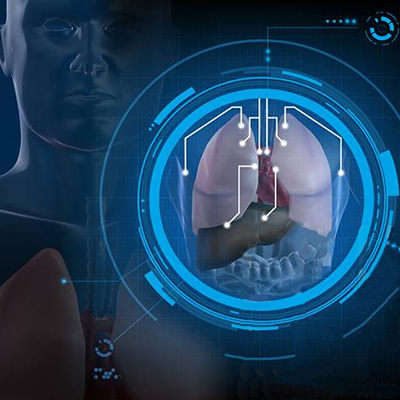September 24, 2020 -- Javelin Biotech has entered a three-year collaboration with Pfizer to design and build a platform to evaluate absorption, distribution, metabolism, and excretion (ADME) properties of small molecules on an organ-on-a-chip platform.
The platform will help inform human pharmacokinetic (PK) predictions, which are often crucial measurements evaluating new drug candidates in preclinical research. If successful, Javelin plans to commercialize the platform for broad industry adoption, potentially the first system on the market specifically designed for human PK predictions.
Under the agreement, the companies will leverage Javelin's in-depth tissue engineering and microfluidics expertise and Pfizer's expertise in human PK predictions to create the ADME platform. Javelin will design, build, and test the platform, and Pfizer will validate the platform's predictions. Javelin will retain potential commercialization rights to the platform.
The platform will be composed of a microphysiological system that contains four chambers representing liver, kidney, intestine, and tissue distribution, as well as a microflow pumping system that circulates media among the compartments. The system will be coupled with a computational algorithm that will translate the data to a physiologically based model of human PK.
Financial details of the agreement were not disclosed.
Copyright © 2020 scienceboard.net







